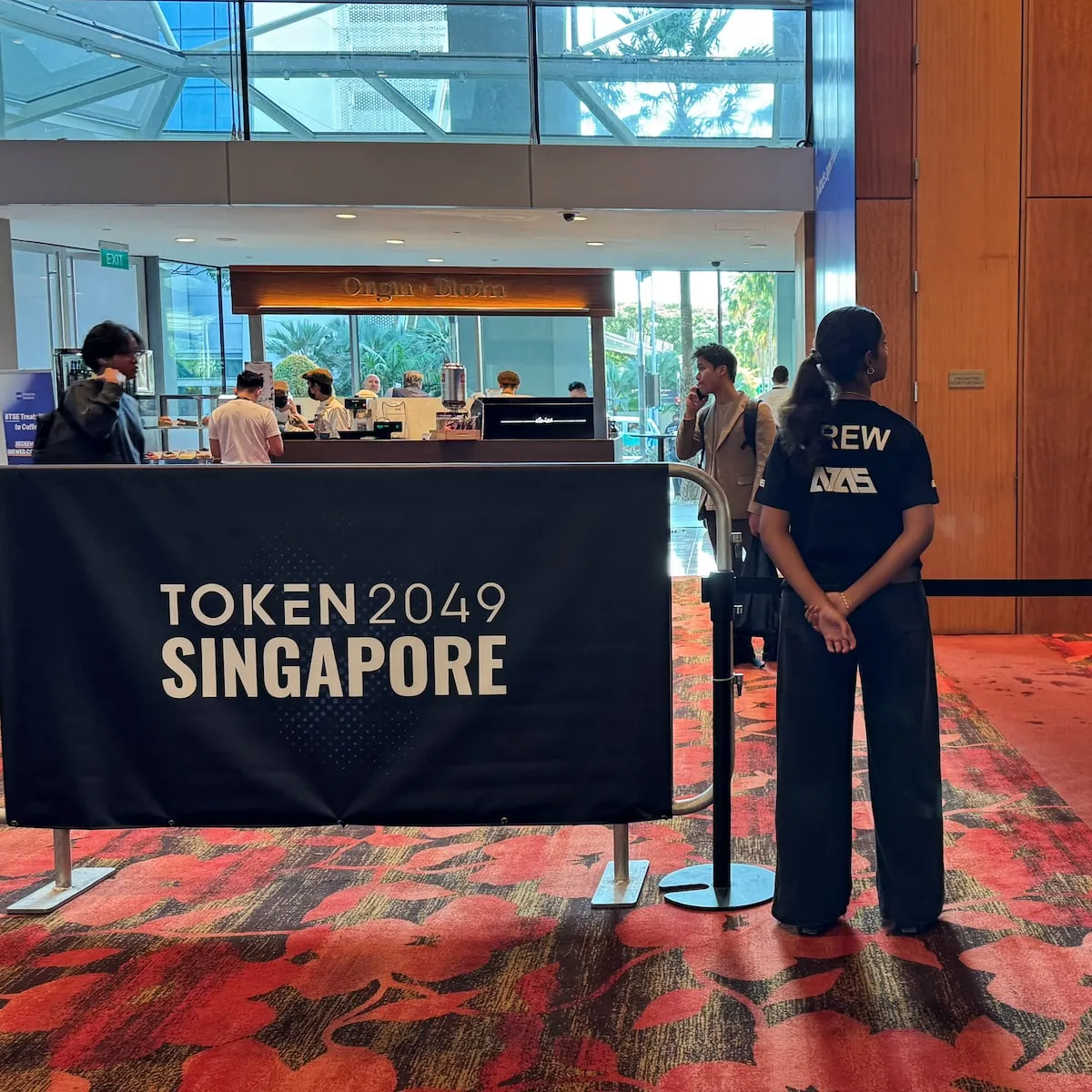Technology
Rouble-backed token targets sanctions yet still sponsors TOKEN2049 event

Introduction
A new rouble backed cryptocurrency designed to bypass financial restrictions has become the focus of international debate after appearing as a sponsor at the TOKEN2049 event. The move has raised questions over the blurred lines between financial innovation, political maneuvering, and the growing influence of blockchain on global trade.
The controversial token
The token, marketed as a stable alternative pegged directly to the Russian rouble, is promoted as a tool for faster payments and trade settlement in sanctioned markets. Developers have claimed that it offers transparency and stability compared to volatile cryptocurrencies, with smart contracts designed to support cross border exchanges. Yet critics argue the project’s true purpose is to create a shadow channel for moving capital outside existing restrictions.
Sponsorship spotlight
What has amplified the controversy is the token’s visible presence at TOKEN2049, one of the largest global cryptocurrency conferences. Its sponsorship package included branding across the event floor, access to industry leaders, and panels discussing “currency independence.” For some attendees, this was a bold signal that the token’s creators are intent on mainstream legitimacy despite the geopolitical baggage it carries.
Western policymakers and regulators have taken note. While sponsorship does not necessarily imply endorsement, the optics of the project rubbing shoulders with leading crypto innovators has sparked criticism that the industry is too willing to ignore geopolitical red flags in the pursuit of funding and hype.
Industry reaction
Crypto insiders were divided. Some praised the token as a case study in digital sovereignty, arguing that blockchain was always meant to challenge centralized financial power. Others saw it as a dangerous precedent, warning that major events risk being co-opted as platforms for sanction evasion narratives. The sponsorship has already triggered discussions among organizers of future conferences about vetting criteria for participants.
Conclusion
The appearance of a rouble backed token at TOKEN2049 underscores the intersection of finance, politics, and technology. While developers frame it as innovation, skeptics see a strategic tool to undermine sanctions. The sponsorship shows how blockchain spaces can become arenas for geopolitical influence, leaving regulators, industry leaders, and governments grappling with whether open participation should extend to tokens that carry such heavy political weight.


















